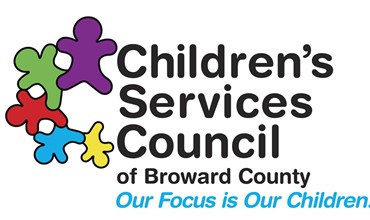Research
- San Francisco University booklet
- Journal of Pediatrics, Vol. 123 No. 1 January 1, 2009
- Office of Adolescent Health
- Journal of School Health, May 2011, Vol. 81, No. 5.
- Applied Developmental Science, 15(4), 175-185, 2011
- Journal of Child & Adolescent Psychiatric Nursing, Vol. 23,No. 4, 2010
- Durso, L.E. & Gates, G.J (2012) Serving Our Youth
- Journal of Developmental Psychology, .2010, Vol. 46, No. 6.
When gay teens are highly rejected by their parents, they are:
-
8 times more likely to commit suicide;
-
nearly 6 times more likely to become severely depressed;
-
More than 3 times as likely to use illegal drugs
Higher rates of parent / caregiver rejection were significantly associated with pooer health outcomes including depression, attempted suicide, engaging in unprotected sex.
Latino men reported the highest number of negative family reactions to their sexual orientation in adolescence.
According to studies reviewed by the U.S. Department of Health & Human Services - Office of Adolescent Health and the CDC:
-
Parental response to their LGBT adolescent can have a tremendous impact on the child's current and future mental and physical health.
-
Supportive reaction from parents can help adolescents cope and thrive.
School bullying of gay, lesbian, bisexual and transgendered youth is linked with increased risk of STDs and HIV.
Findings suggest that schools administrators should support helping students form GSAs in schools as a potentials ource of promoting positive development for the LGBT student population. However, further anti-bullying and other trainings are needed.
Family acceptance of LGBT teens is associated with positive young-adult mental health - including higher self esteem and general health and lower risk of depression, suicide ideation and drug/alcohol abuse.
Durso, L.E. & Gates, G.J (2012) Serving Our Youth - Nat'l Survey of Svc Providers Working with LGBT Homeless Youth. University of California School of Law Williams Inst.
Approximately 40% of homeless youth are LGBT and almost 70% of those who responded indicated that family rejection was a major factor. More than 1/2 reported that abuse in their family was another important factor as well.
The mean level of victimization experienced due ot LGBT status in school was significantly different for boys and girls - with boys experiencing greater amounts of victimization at school. However both victimized groups experienced similar negative psychological adjustment (measured in depression and life satisfaction).
